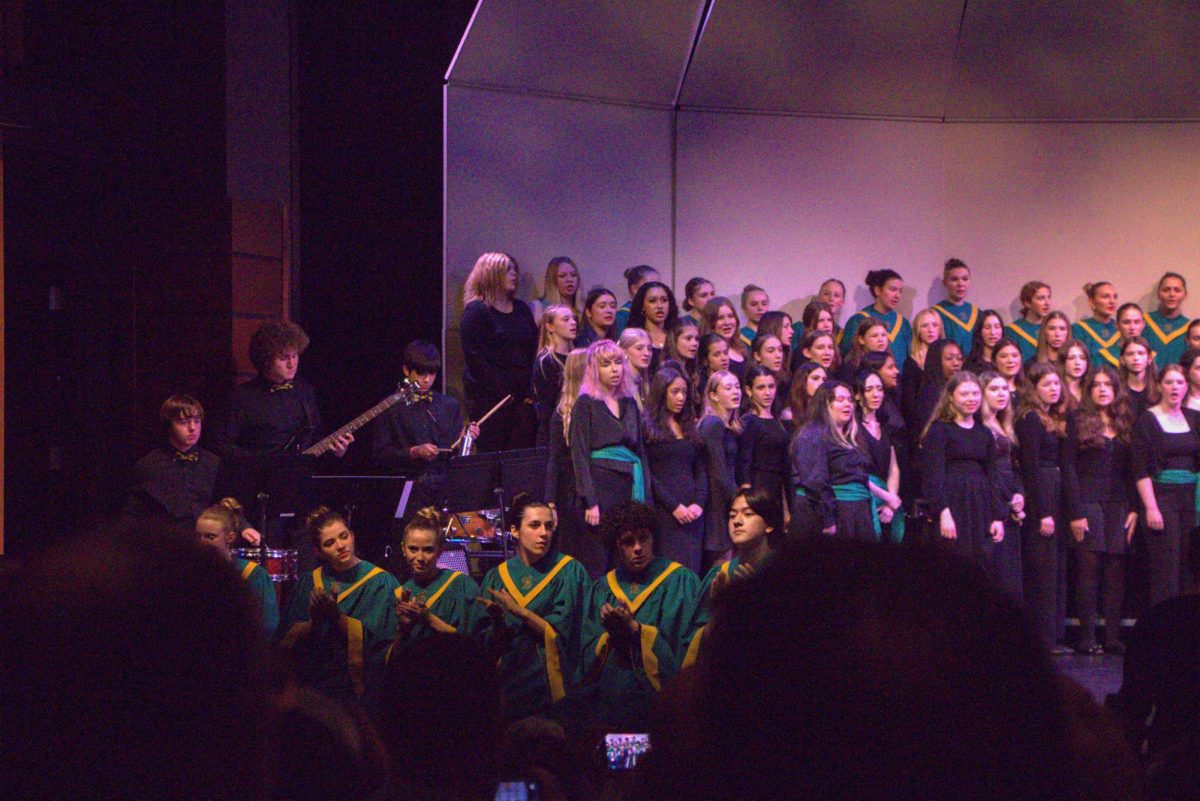
Columbus Day is a holiday we celebrate on the second Monday of October every year. It recognizes the accomplishments of the Italian explorer Christopher Columbus, who “discovered” Central and South America in the late 1400s.
As society evolves and history is studied more, it becomes clearer that Christopher Columbus may not have been the great man we made him out to be for centuries. Now is the time to start embracing and celebrating the people who indeed discovered “The New World” — Indigenous people.
Columbus Day is a celebration of one man for discovering a new land. Today, we know this is far from the truth. This holiday has been under scrutiny recently due to the oppression of Indigenous people by Columbus himself. This also opened the door for the Europeans to mistreat the Natives already occupying the “new” territory.
By some people, Columbus is viewed as a colonizer. While history claims he discovered “The New World,” this also led to the enslavement and wrongful deaths of many Native Americans.
Controversy arose even more when Columbus forcefully stole the land and territory of Indigenous people while deciding to label them as “Indians.” Columbus falsely labeled Indigenous Peoples as “Indians” because he insisted that he landed in islands east of India upon his exploration. Native Americans had their own customs, cultures, and heritage.
Unfortunately, this was just the beginning of the terrible treatment of Native Americans. The arrival of Columbus and the Europeans marked the start of a dark and unfair period in history for Indigenous people.
Celebrating this second Monday in October as a day for Christopher Columbus is now considered to be disrespectful. As a descendant of Natives, I believe that Columbus should not have been 100% credited for discovering the Americas. Instead, it should have been those already claiming and living on the land: Native Americans.
Reframing this holiday to be Indigenous Peoples’ Day offers a new perspective that acknowledges and honors the fact that Indigenous Peoples discovered and occupied the new Americas for the first time in the 1400s, long before Columbus ever landed.
The new outlook of Columbus Day as Indigenous Peoples’ Day acknowledges the contributions of Native American communities in the past thousands of years. These communities have long wanted to reevaluate Columbus Day so that we can continue educating the U.S. on the accurate events of history.
It is time to shift our focus to Indigenous Peoples’ Day as a society. Recognizing the wrongdoings of the U.S. in the past can help evolve into a more accepting and diverse society that celebrates all cultures. Going forward each year, by celebrating Indigenous Peoples’ Day, we can leave behind myths of the past and accept these natives who have helped shape our nation.



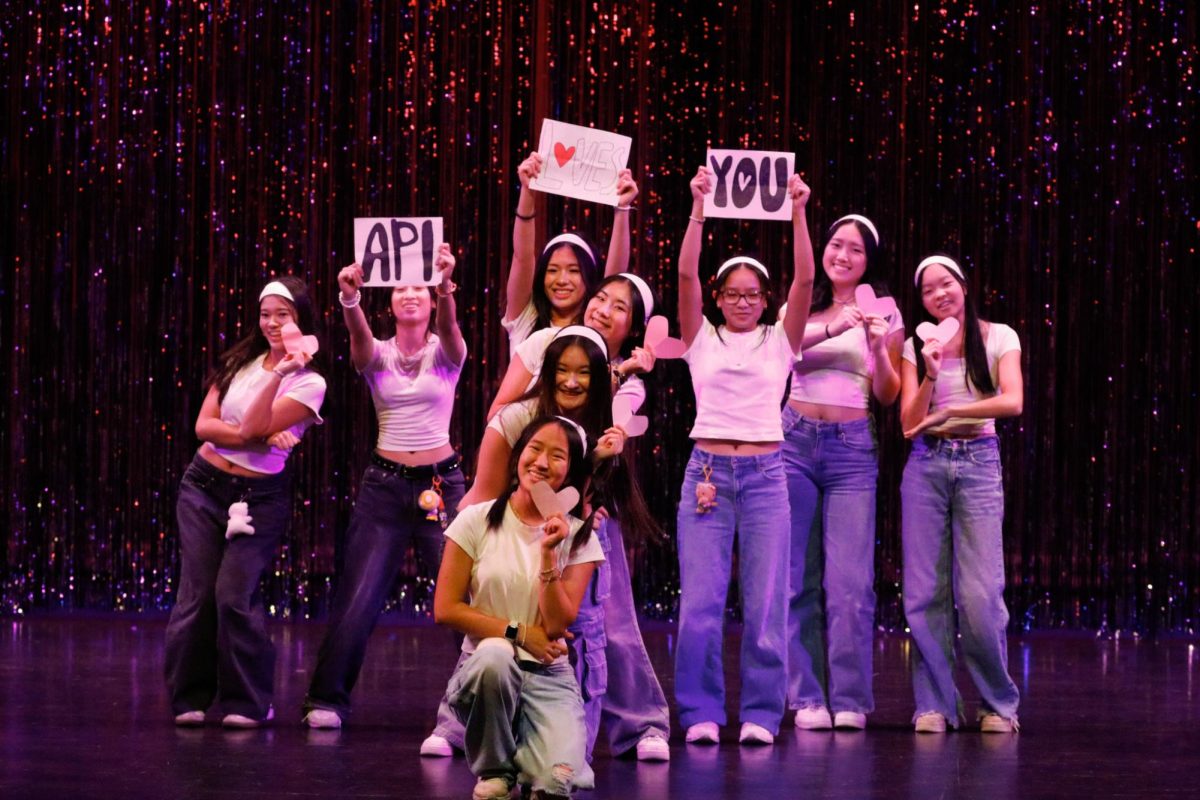
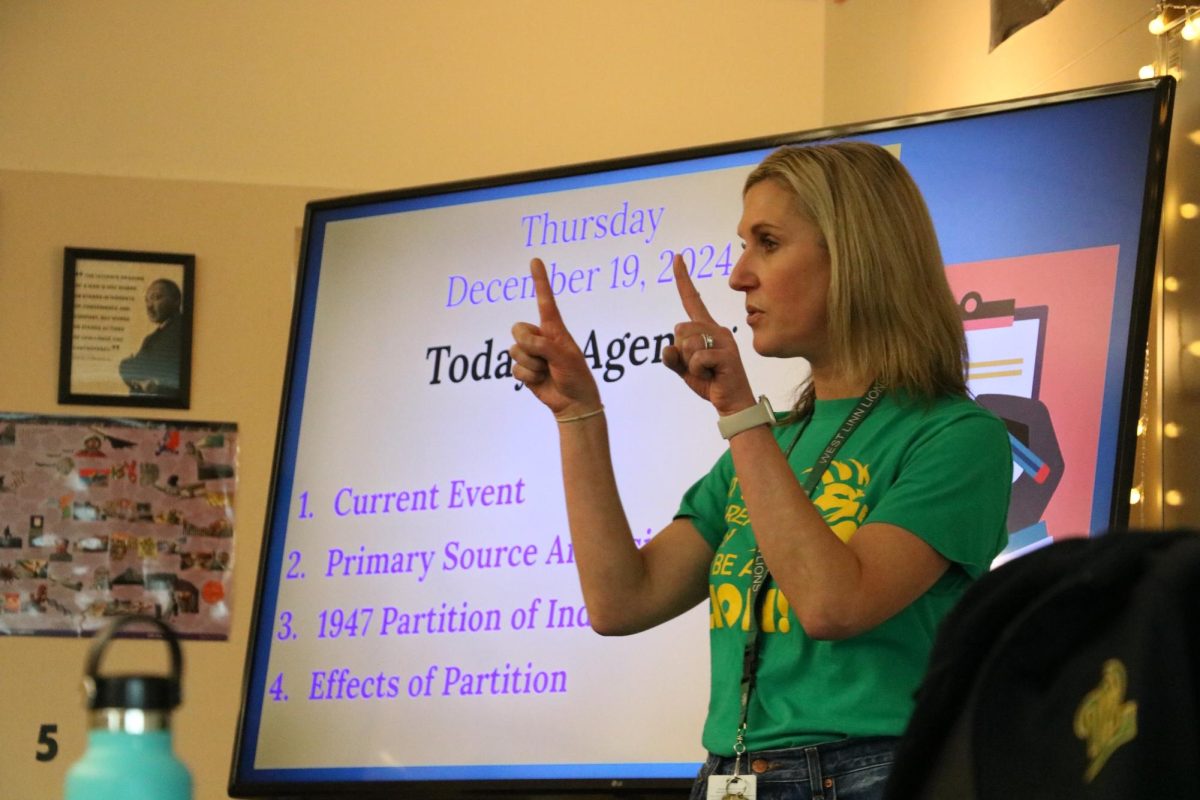

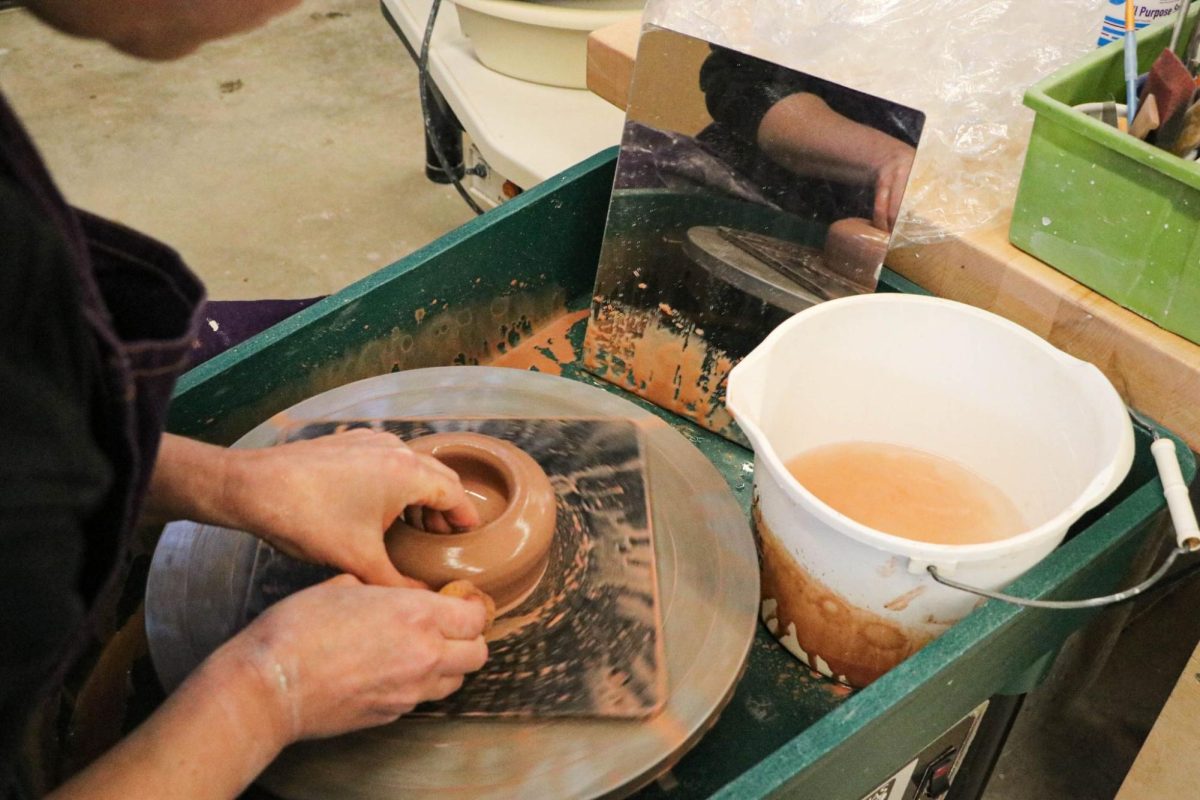

















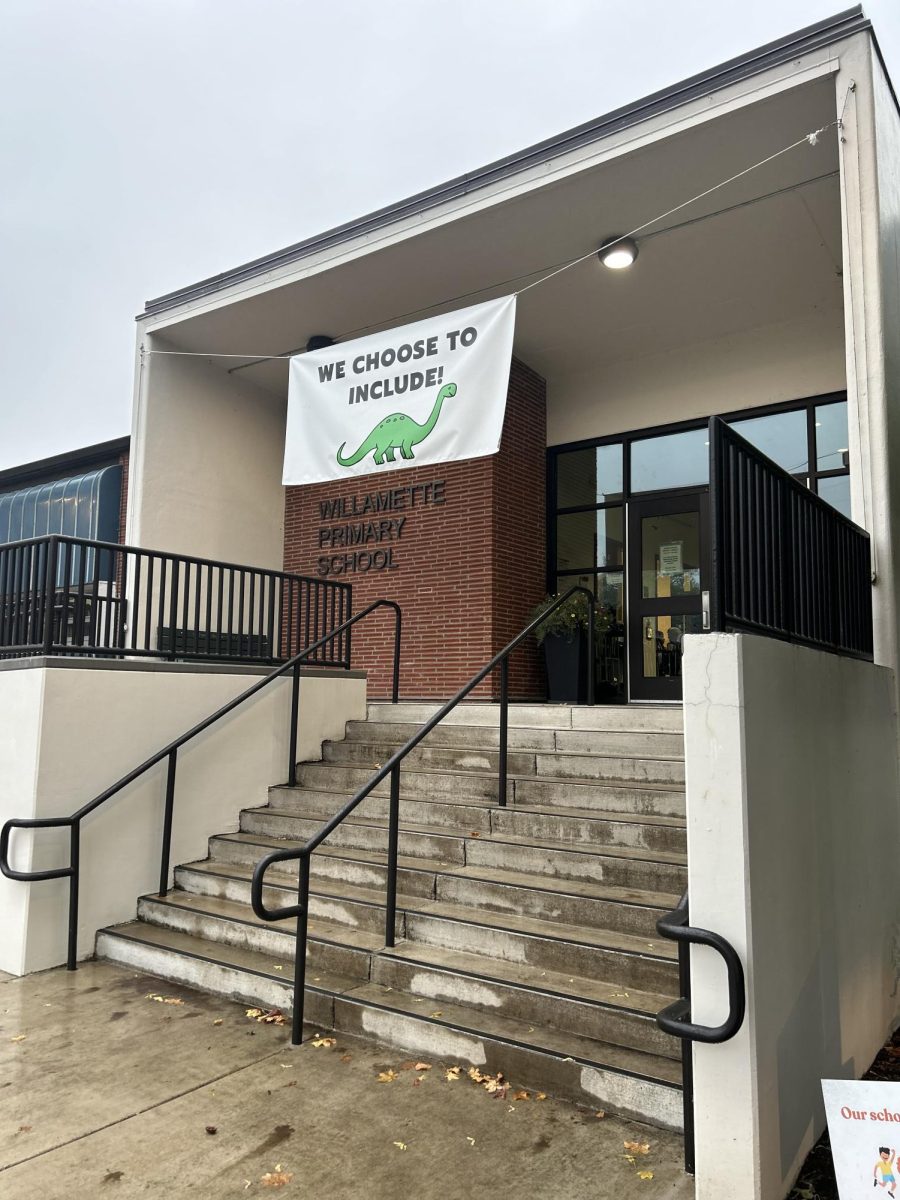


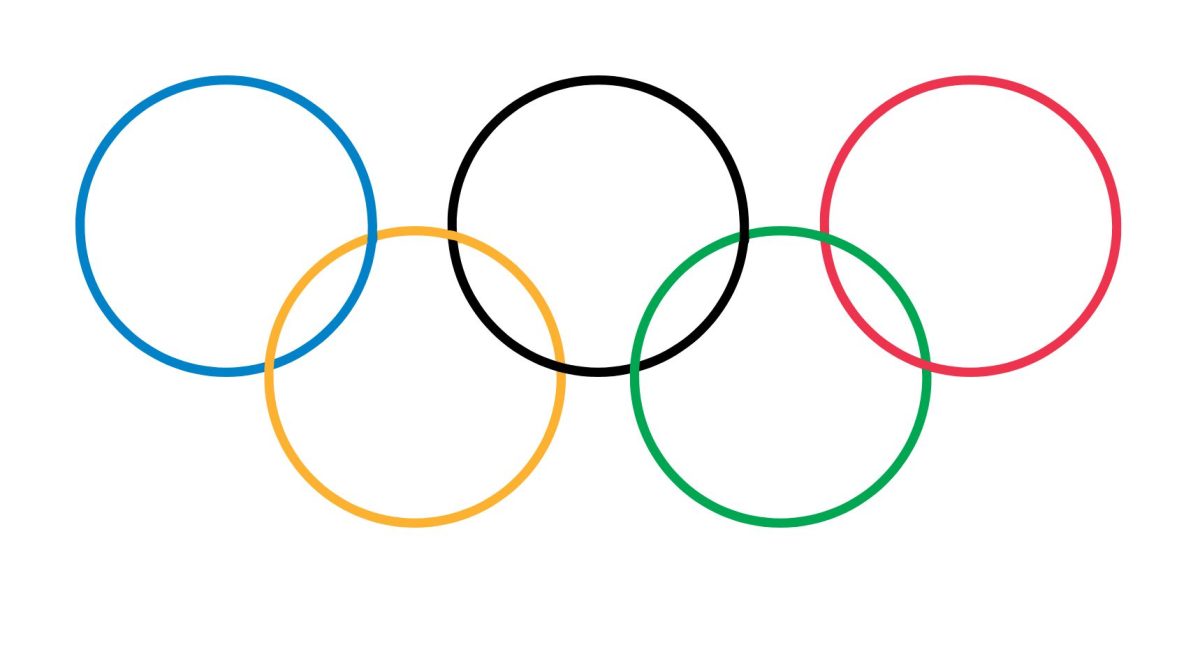





















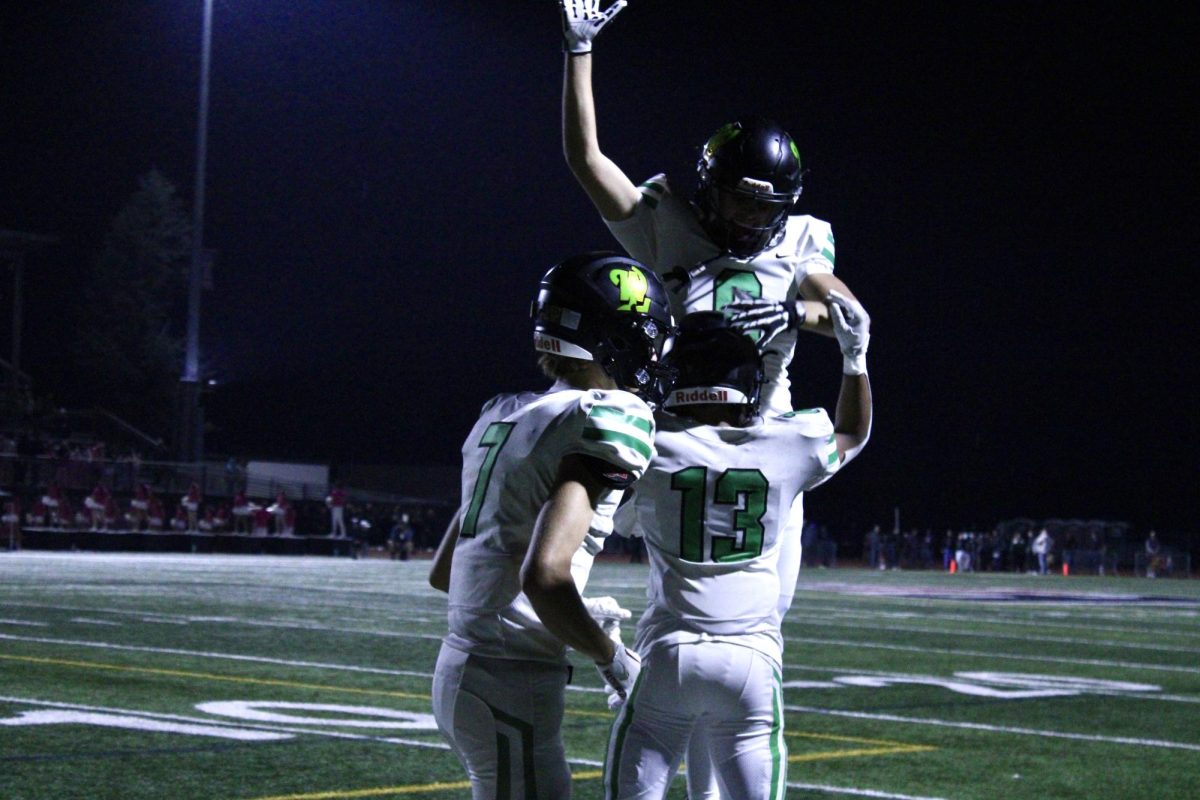




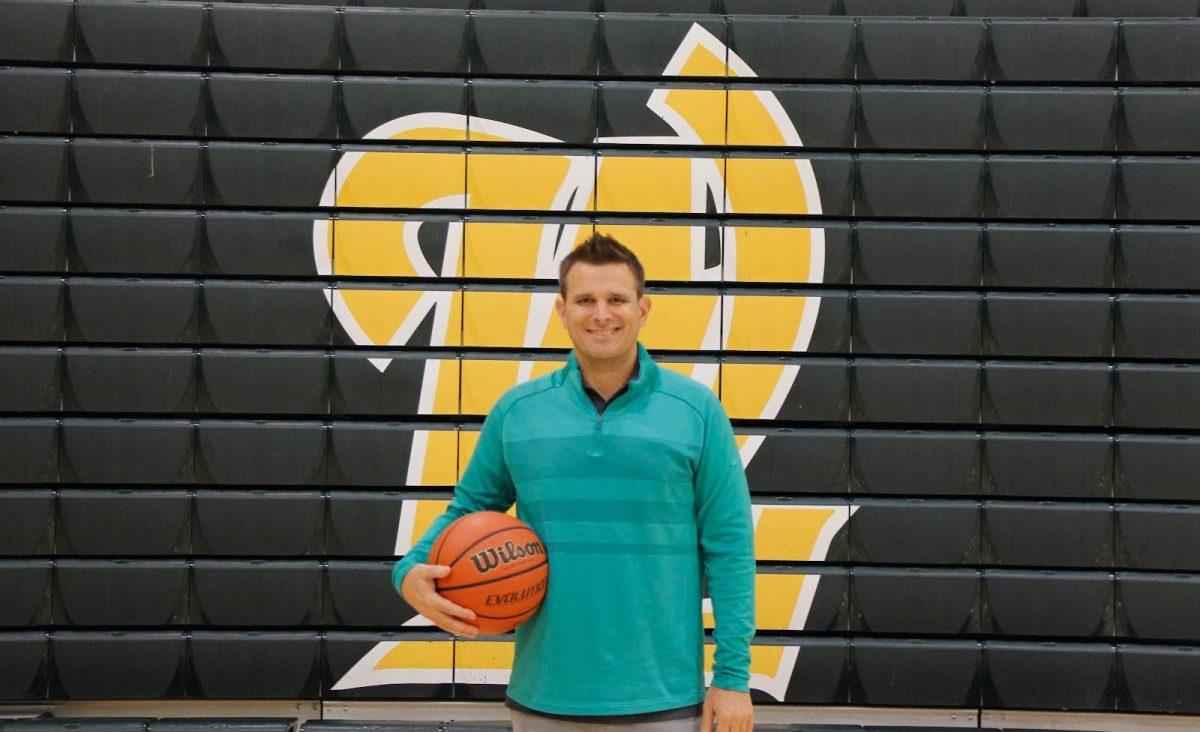







![At the bottom of the third inning, the Lions are still scoreless. Rowe stands at home plate, preparing to bat, while Vandenbrink stands off to the side as the next batter up. Despite having the bases loaded, the team was unable to score any runs. “It’s just the beginning of the season. We’re just going to be playing out best by June, [and] that’s where champions are,” Rowe said.](https://wlhsnow.com/wp-content/uploads/2024/03/IMG_3077-1200x900.jpg)







































![All smiles. The group poses for a photo with last year’s book, “This is Our House,” along with their award for third Best in Show. Meikle, who was an Editor-in-Chief for the yearbook last year as well, holds both and stands at the center of the group. “That was an amazing feeling, going and grabbing the third place award,” Meikle said. “All of it paid off. I cried so much over that book, being able to receive [the award] was one of the highlights of my high school career, it was like the coolest thing ever.”](https://wlhsnow.com/wp-content/uploads/2024/11/8bookpose_philly-1200x800.jpg)
